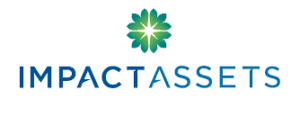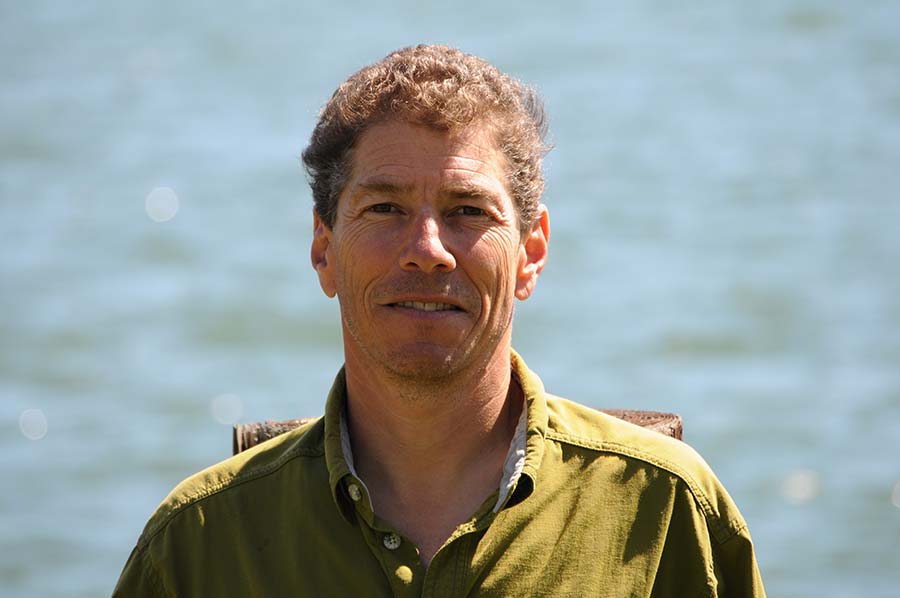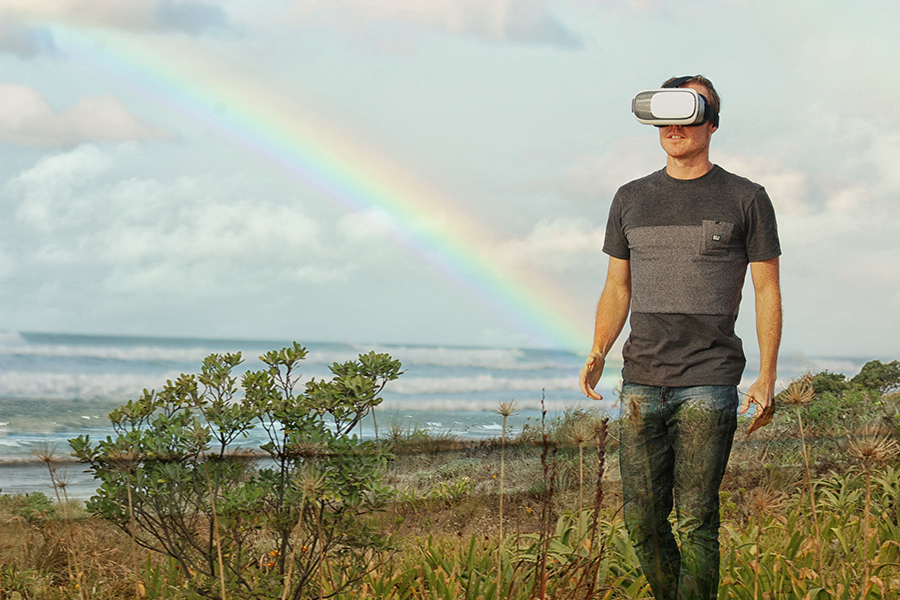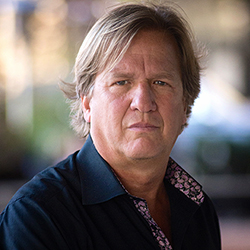 An interview with Stuart Rudick, founder of Mindfull Investors.
An interview with Stuart Rudick, founder of Mindfull Investors.
While Stuart Rudick (pictured below) has been an impact investor for about 25 years, the term “impact investing” was only coined less than a decade ago. The practice of investing for social and environmental return, as well as financial return, has evolved through various iterations, and Rudick has been one if its pioneering leaders.
The interview below offers an overview of how one investor (Rudick) evolved from a traditional, finance-only focus to an impact investor focused on social entrepreneurs that provide health-focused solutions to pressing issues.

How did you begin engaging in impact investing? What were the first steps you took?
In 1980, I moved to San Francisco and was hired by a local brokerage company which provided me the flexibility to focus my investments in areas of my personal interest and passion.
While a partner at Bear Stearns in the mid-1980s, I funded private companies focused on building businesses with positive social impact. Examples are the first environmental magazine (Buzzworm), agriculture technologies that reduce water and pesticide use (Esselborn Farms) and the first venture fund focused on investing in environmental technology solutions (Global Environment Fund).
Can you describe the types of impact investing in which you’ve engaged?
Over the past decade, I’ve focused on healthy living companies with a sustainable focus. I am grateful to have an investment in Seventh Generation, the true pioneer of sustainability and positive impact personal-care and cleaning products. I am also very excited about my investment in Organic Girl, the fastest growing organic salad and produce brand in the United States Some of the newer companies we are invested in include Juicero, Atheer, The Next Thing Co, FloWater, Soma, Urban Remedy and Interaxon/ Muse.
What are some of the things that you wish you had known when you first began?
The key to a successful business and successful investing is the management team that’s leading a company. The main reason companies fail in achieving their vision and potential is due to the failings of senior management.
What differences do you see between a traditional investment process and an impact investment process?
Ultimately, you’re investing in the founders and their team, whether it’s a conventional or a social impact investment. This is the determinant of success. The due diligence process, understanding the competitive landscape, and getting to know management is fundamental to making any investment. Evaluating an impact investment also requires taking into consideration how any socially rewarding efforts may impact an investor’s internal rate of return.
How do you respond to the concerns of those who feel approaches to social impact investing are too risky or unproven?
Risk is commensurate with reward, whether it is in social impact or a traditional investing arena. As an early, pioneer investor, I have developed an expertise and generated above-market returns over the past three decades. I exercise discipline by investing solely in industries and companies in which I have personal passion and expertise.
Have you had to accept below-market rate financial returns as you’ve pursued impact?
To the contrary, I believe companies that are based on sustainability and positive impact have the opportunity to generate a premium value and return on their products and business. In recent years, we have seen brands founded on positive social impact realize premium valuations when they are acquired or experience liquidity events.
What do you feel is the key development still to come in order for impact investing to reach its potential?
The key issue for impact investing is attracting additional capital. Capital is needed to fund growth opportunities that will demonstrate investment success and continue to attract new investment capital.
If you could give an investor who is new to the impact investing field three points of advice, what would they be?
Invest in the management team. Invest in the management team. Invest in the management team. And I would have two other key recommendations:
- Take an active, ongoing role in the investment as a board member or advisor to the company.
- Diversify your investment in a portfolio of companies and consider investing in a professional social impact fund.
What are some of the more promising areas for impact investing that you see developing in the future?
New enabling technologies that focus on innovations for health, the environment and a sustainable lifestyle are my primary focus right now, as this aligns with my values and interests. I’m looking at an investment pipeline of bold new startups that are creating solutions that will make our world a better place.
Stuart Rudick is the founder and general partner of Mindfull Investors, L.P., a hybrid public and private market hedge fund. Jed Emerson is Chief Impact Strategist for ImpactAssets, and senior advisor to two families executing “total portfolio” impact investment strategies.




































